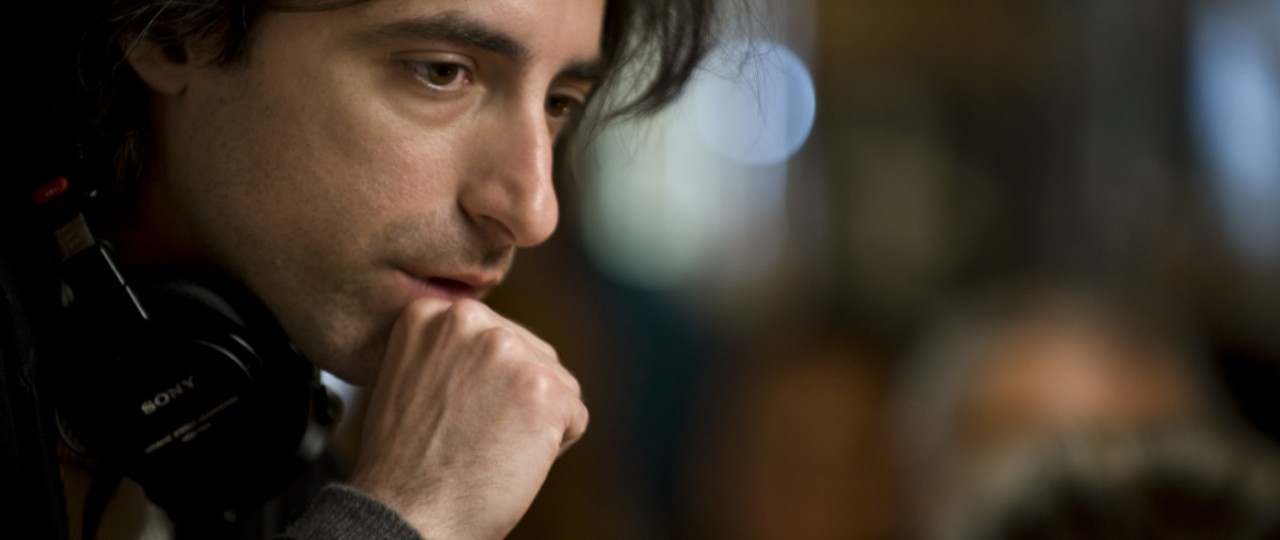Dazed and Confused
Looking back on Noah Baumbach’s ‘Kicking and Screaming’.
More episodic than Frances Ha and less acidic than the Squid and the Whale, Noah Baumbach’s debut as director established the template of his oeuvre. In Kicking and Screaming he takes us back to the immediate aftermath of graduation where everyone wonders ‘what next?’
Released in 1995, having already made a splash at Sundance, we find our four protagonists stuck in that frozen ennui between college and the real world. Those on the outside such as Eric Stoltz’s character Chet don’t want to leave that life yet others such as Olivia D’Abo’s Jane have a plan and a goal. Whereas Chet has been a student there for 10 years and counting, Jane recognises college as the means by which they might start to piece together some kind of place in the world.
Kicking and Screaming is typical of Baumbach’s other films in that characters are revealed through dialogue. This dialogue is conversational yet intentional in what it is trying to accomplish. Take this exchange between Grover and his father as an example:
Grover: She is still in Czechoslovakia.
Father: You mean the Czech Republic.
Grover: I guess I do.
Father: Czech or Slovakia. Gotta read the newspapers Grover.
Grover: In college I didn’t really get the chance to read up on things.
Throughout the film there is this tension between reality and fantasy. Here Grover ironically has found himself disengaged from the world as he graduates from college whilst believing that it has allowed him to deepen his understanding of it. This undercutting of the fantasy is also evident at the airport scene towards the end which slyly subverts the traditional rom-com movie cliche.
As always with Baumbach this is achieved ostensibly through dialogue. His characters are literate, smart, funny, often self-unaware yet stubbornly interesting and engaging. They remain good company as their struggles (in a semi-comfortable, middle class sort of way) are coloured with enough pathos to allow them to settle on just the right side of sympathetic.
Baumbach would go on to make better films but with the exception of Frances Ha, this is perhaps his most humane work. It is quite startling to think he made this when he was just 26. That places him in roughly the same demographic as his protagonists but there is enough irony here to suggest that he is detached sufficiently from them to have some perspective. As his characters find themselves irreversibly dragged kicking and screaming into adulthood we find ourselves hoping that the shouts and murmurs give way to something resembling a responsible future.
